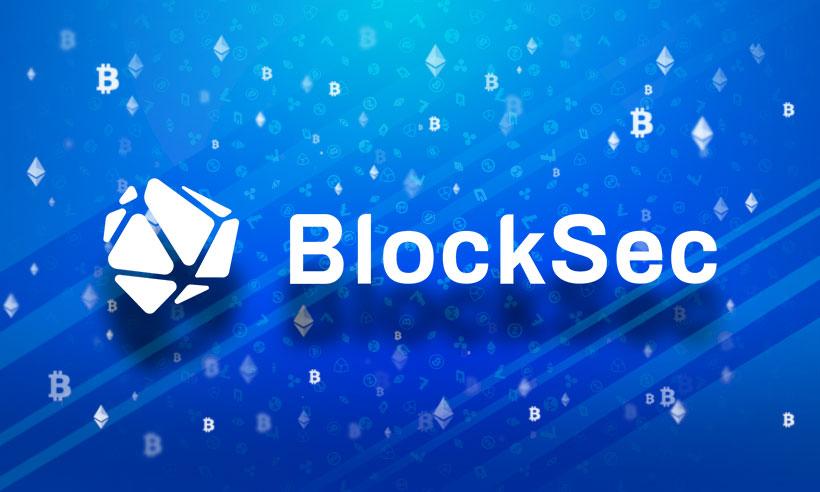Forked Chains: Blocksec Launches Collaborative Testing Tool
Table of contents
Instant-time snapshots of DeFi contracts make it easier to troubleshoot
Phalcon Fork has the following advantages over conventional solutions like Goerli: keep services and states from the mainnet, which makes it easier to quickly integrate and troubleshoot with other DeFi contracts. With the tool stash, clients can likewise use elements, for example, previews, empowering them to save certain blockchain positions, and return to them voluntarily during their testing processes. The snapshots basically record the exchanges being executed and conveyed by the client at a given time.
The snapshot feature is especially useful in two scenarios
If the user wants to run the test script multiple times, they can simply go back to the original snapshot and run the script again. Else if the user wants to save some state and come back to them later, they can build a snapshot and later come back to that snapshot," the manual states.
Phalcon Fork supports Fork Network Ether to enable private transactions on Ethereum mainnet
Phalcon Fork also has a built-in faucet, allowing users to purchase free Fork Network Ether (ETH) and conduct transactions on his private chain. To interact directly with the chain and execute transactions, Phalcon Fork provides a Remote Procedure Call (RPC) node called Fork RPC. It can be integrated into Ethereum virtual machine-compatible development frameworks such as Hardhat, Foundry, Remix, or added to MetaMask. Currently, users can only fork from Ethereum mainnet, but future support for additional blockchains such as Binance Smart Chain and Arbitrum have been hinted at.

